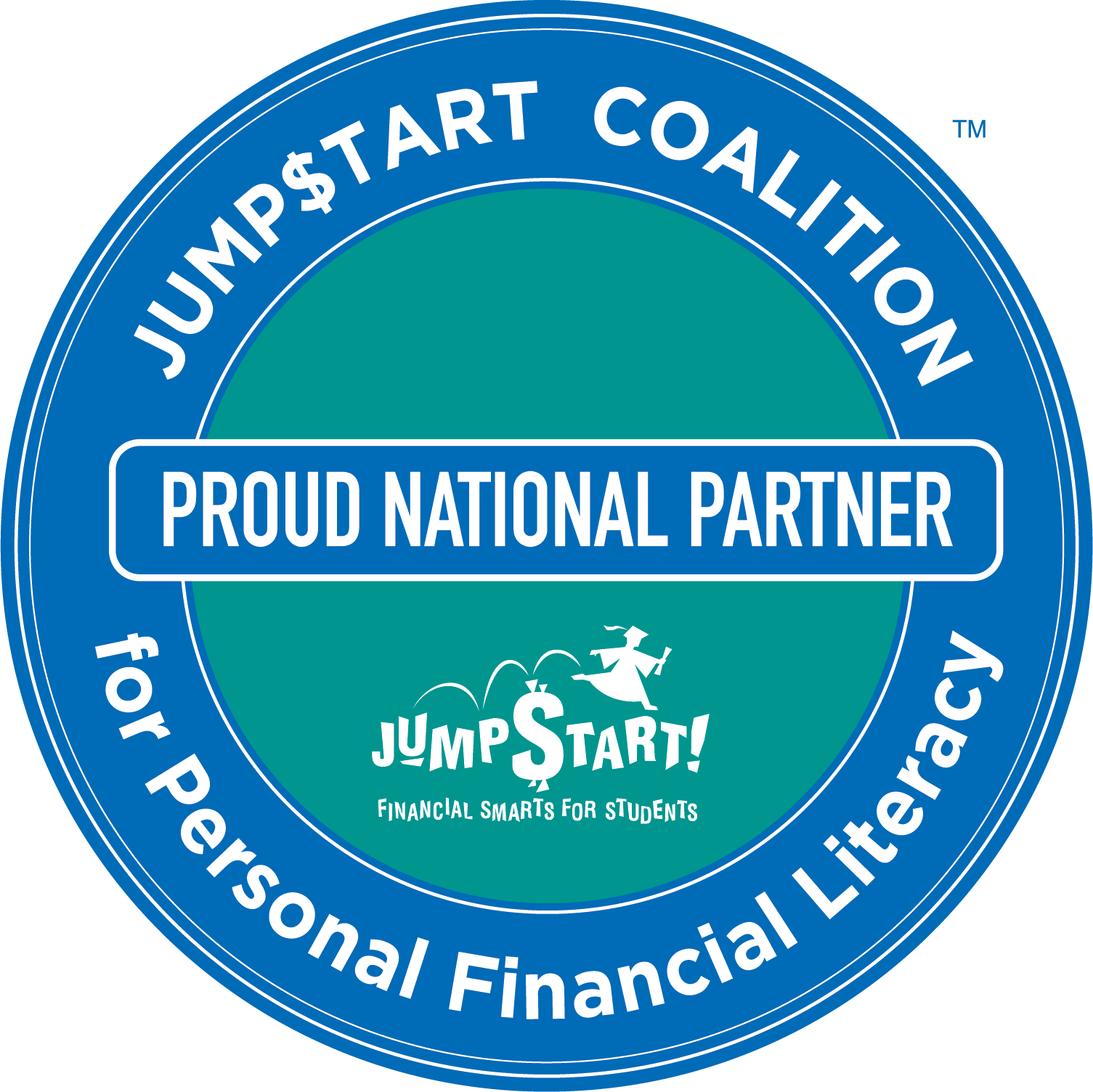Compound interest: It’s been called the “eighth wonder of the world.” And it can supercharge your saving and investing processes, helping you reach your financial goals faster than you’d expect. In other words, compound interest, and the process of compounding, can help you get you to what you want MOST (or, your goal) sooner.
It’s also one of the key concepts that are critical to understand as you work toward becoming more financially literate, like diversification.
Compound interest is, as a quick refresher, when you earn interest on top of interest. So, if you have $100 in the bank, and it’s earning 10% interest per year, at the end of one year, you’ll have $110. But a year after that? You’ll have $121, because the interest compounded—you earned 10% on $110, not the initial amount of $100.
But utilizing compound interest correctly comes down the question of whether you’re playing checkers or chess. What do we mean, exactly? Let’s get into it.
Compound interest—A matter of checkers versus chess
“I wrote down my MOST, now how do I get there?”
This is where you begin to plan, setting out on a strategically selected path that will empower you to achieve what it is you want most. The question when it comes to that strategic path, though, is this: Are you playing checkers, or chess?
Checkers and chess are played on the same board, and yet, are completely different games. In checkers, you’re always “WHAT is my next move going to be?” You hope that each turn you get closer to the other side of the board before your strategy falls apart, or your opponent employs a counterstrategy and stops you.
In chess, however, you must begin to think “WHY am I making this move?” Understanding that each piece has its own unique use, rules, and movements, and that it can serve a very unique purpose in terms of winning the game, is paramount. Chess players can’t afford to aimlessly move their pieces across the board—but instead, they need to be strategizing moves in advance to achieve their goal: A checkmate!
The same is true when you consider how compound interest can affect your financial plan. It requires some strategy and thought, not merely stashing money here, there, and everywhere!
Chess, checkers, and football
Similarly, every football game begins with a set of scripted plays called “openers”. A simple set of ten calls that will get everyone into the flow of the game. Down in New Orleans, when I played for the Saints, we were walking through our openers and discussing a corner route coach said, “There will be a safety over the top, so get it out of bounds.”
How would you process that? Tap into your “pro mindset.” For instance, a rookie sits back and asks, “What are we doing?” in response to the coach. A veteran sits back and thinks, “why are we doing this?”
Again—it’s the “what” versus the “why.” It’s a checkers players’ mindset, versus a chess players’.
The play unfolded just as we expected, and the ball was thrown out of bounds. It wasn’t until the next drive the real motive of the play was seen. On the next drive, we ran the exact same play, only this time, I witnessed a chess players’ thought process. The receiver took a step toward the corner, and as the safety broke on the route, the receiver changed direction and broke for the end zone.
Sixty yards later, the message was clear on why we through the first one out of bounds.
Applying this methodology to sales, you can see a change from what to why in a rookie salesperson or veteran salesperson. A rookie sits down and explains what they are selling and what the product does. A veteran sits down and explains what is going on in the industry, and why their product is needed—the veteran takes their client on a journey, giving context, and shows how a problem is affecting them, then sells them the solution.
Bringing it all back around
The financial world rewards those who are willing to stop playing checkers and begin playing chess. What is your goal? What is your “checkmate”? How can you get there? Consider your big financial checkmarks, and where you can save or invest money that will earn compound interest:
- Retirement = 401(k) – Check!
- College = 529 Plan – Check!
- Health Care = Health Savings Account – Check!
- Charitable = Donor Advised Fund – Check!
Seeing your goal (or “MOST,” or checkmate, in this case!) off in the distance and you begin to strategize like a chess player in order to get there. When a chess player comes into conflict with a checkers player, they will always be one move ahead.
Like what you see? Get more content sent directly to your inbox! Sign up for the Money Vehicle Movement Newsletter!
More from Money Vehicle:









